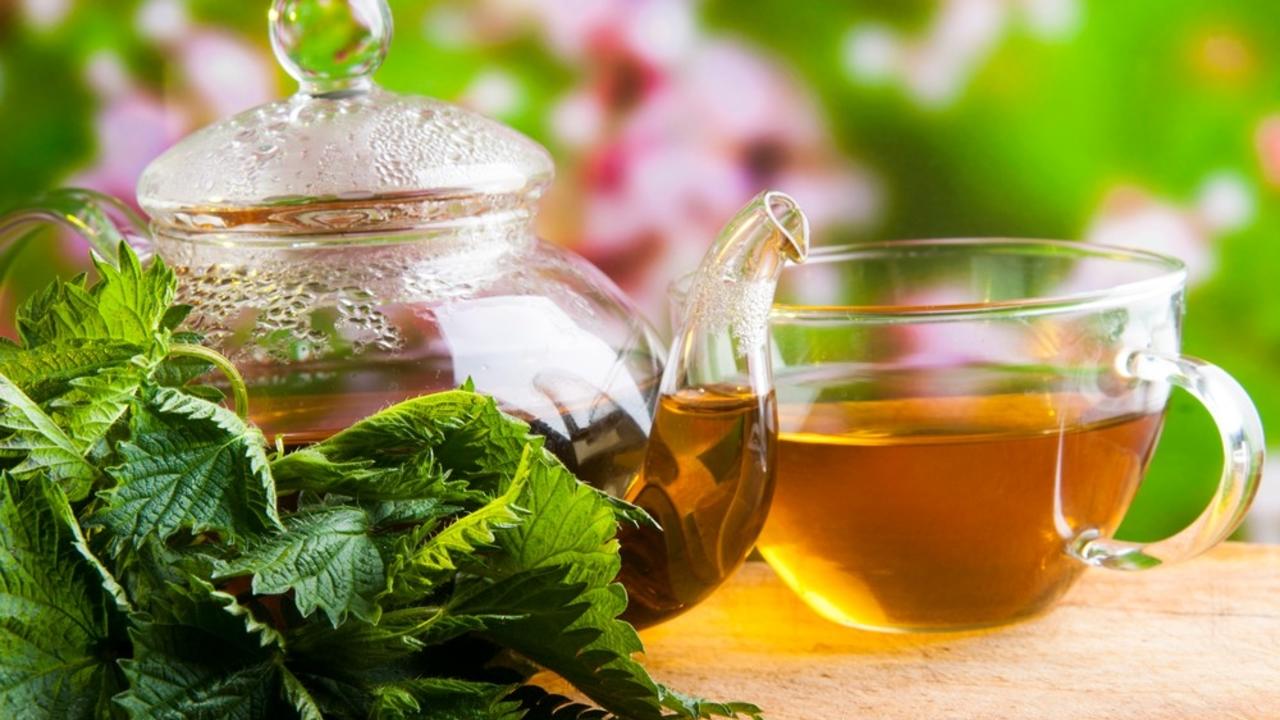Natural suggestions for low iron in pregnancy

Did you know that iron is the most common nutrient deficiency worldwide? Many women have low stores and then become anaemic during pregnancy. Some women start their pregnancy with good iron stores but then become deficient due to the demands of growing new life. Iron deficiency is also very common in breastfeeding women.
Low iron can leave a person feeling lethargic, weak and irritable. Other symptoms can include; shortness of breath and heart palpitations. Anemia can effect the ability to heal from infections and illnesses and unfortunately can make a woman more prone to excess blood loss during birth. After birth, iron deficiency can effect energy levels and make simple household tasks feel nearly impossible to complete. Interestingly, low iron levels have also been linked to postpartum depression.
During pregnancy, the mothers' blood volume increases by about 50%. Iron is needed to help build blood cells in both the mother and foetus. It can be difficult to obtain the recommended 27mg of iron from diet alone, but the following foods, herbs and supplements can help.
It is important that the mother-to-be eats wholesome and nutrient-dense foods in order to provide the correct nourishment for herself and her baby. If you know you’re iron deficient, be sure to include iron-rich foods in your diet every day.
Iron-Rich Foods for pregnancy
Foods that contain iron include; animal sources such as liver, red meats, eggs, chicken and salmon. The vegetable sources containing iron are; dark green leafy vegetables, seaweed, brewer’s yeast, molasses, millet, prunes, raisins, dried apricots, cherries, mushrooms and sunflower and pumpkin seeds.
Herbs That Are Helpful For Building Iron
Nettle tea; Make a brew of nettle tea to help boost iron as well as receive valuable vitamins such as A, B, K and C. Suggested dose is 3-4 tablespoons per litre of boiling water and steep for 30 minutes or overnight, depending on how strong you like it. Drink 1-4 cups per day.
Dandelion root or leaf: A wonderful source of iron as well as being beneficial for the liver. It also contains vitamins A, B, C and D.
Vitamin C can help you better absorb the iron from the food. An easy way to do this is add lemon juice to your food.
Iron Tonic Recipe By Dr Aviva Romm: A nourishing iron tonic that also eases constipation:
Add 1 tablespoon of yellow dock and 1 tablespoon of dandelion root with 1 litre of boiling water and steep for 4-8hrs.
Strain the liquid into a saucepan and then simmer uncovered to reduce down to 1 cup.
Add 1/4 cup of blackstrap molasses (also high in iron) and store in glass jar in the fridge.
The dosage is 1-2 tablespoons daily.
Take with vitamin C for enhanced absorption.
Iron Supplements
- Organic chicken liver capsules - These are extremely effective at helping you to feel better and build iron stores. Head HERE to purchase
- Floradix iron is a pleasant tasting tonic available in most health food shops or online via Amazon. It probably won’t be enough on its own if you’re anaemic.
- Hemagenics Intensive Care tablets provide a highly bioavailable form of iron. This product is available from a naturopath or nutritionist.
Only supplement if you know you are low in iron and have spoken with a healthcare practitioner.
Exercise
Regular exercise increases the body’s demand for oxygen. This creates a response in the body and encourages absorption of iron from the red blood cells. Try for at least 5-10 minutes of exercise each day and build up as you start to feel better.
Do you want to feel more confident about birth?
Download the free natural birth checklist!
It has practical tips and natural suggestions for the three stages of labor, a packing list for birth, pictures of useful labour positions and helpful hints for partners.


